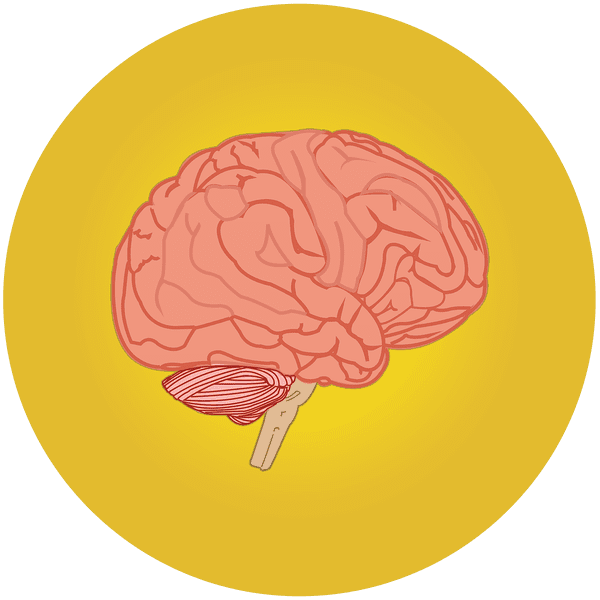Bulimia, Mental Health, and Childhood Trauma
Childhood trauma such as emotional abuse, physical abuse, sexual abuse, and neglect are often a common denominator with eating disorders (Utzinger, Haukebo, Simonich, & Wonderlich, 2018). Eating disorders include binge eating disorders, both Bulimia Nervosa and binge eating disorder without vomiting.
Interestingly, a history of emotional abuse happens more often for people diagnosed with bulimia nervosa. Bulimia Nervosa is a result of a person eating regular or large amounts of food and throwing it up afterward. In addition, bulimia can also look like working out for hours and taking laxatives to rid calories from the food eaten.
Women with a diagnosis of Bulimia Nervosa and have a history of childhood trauma may also show signs of needing brain regulation and impulsivity. Women with bulimia often have what would be called an average body size or slightly over the average size but may not view themselves accurately based on their focus on a certain weight and shape (Weiderman, 1996).
Due to the high prevalence of childhood trauma for women with bulimia nervosa, the impact of how they view their body makes sense. Trauma does change the way one thinks about their body and their view of themselves. Often, it may be a negative view due to all of the feelings that still attach in the mind to the unwanted events. As a result, women who are in the cycle of purging food may often be trying to get rid of these unwanted negative memories or feelings.
Unfortunately, the pain and feelings of the event, if not released, will cause the women to go through this ongoing cycle of eating, purging, and then feeling disgusted at their bodies. Some common feelings that occur with bulimia are disgust, self-hatred, shame, guilt, lack of love, unworthy, not valued, and often feeling dirty or unclean. Childhood trauma often influence women in their minds more often than society will discuss.
Utzinger, L. M., Haukebo, J. E., Simonich, H., Wonderlich, S. A., Cao, L., Lavender, J. M., Mitchell, J. E., Engel, S. G., & Crosby, R. D. (2016). A latent profile analysis of childhood trauma in women with bulimia nervosa: Associations with borderline personality disorder psychopathology. International Journal of Eating Disorders, 49, 689–694. DOI: https://doi.org/10.1002/eat.22532
Weiderman, M. (1996). Women, Sex, and Food: A Review of Research on Eating Disorders and Sexuality. The Journal of Sex, 33, 301-311.


